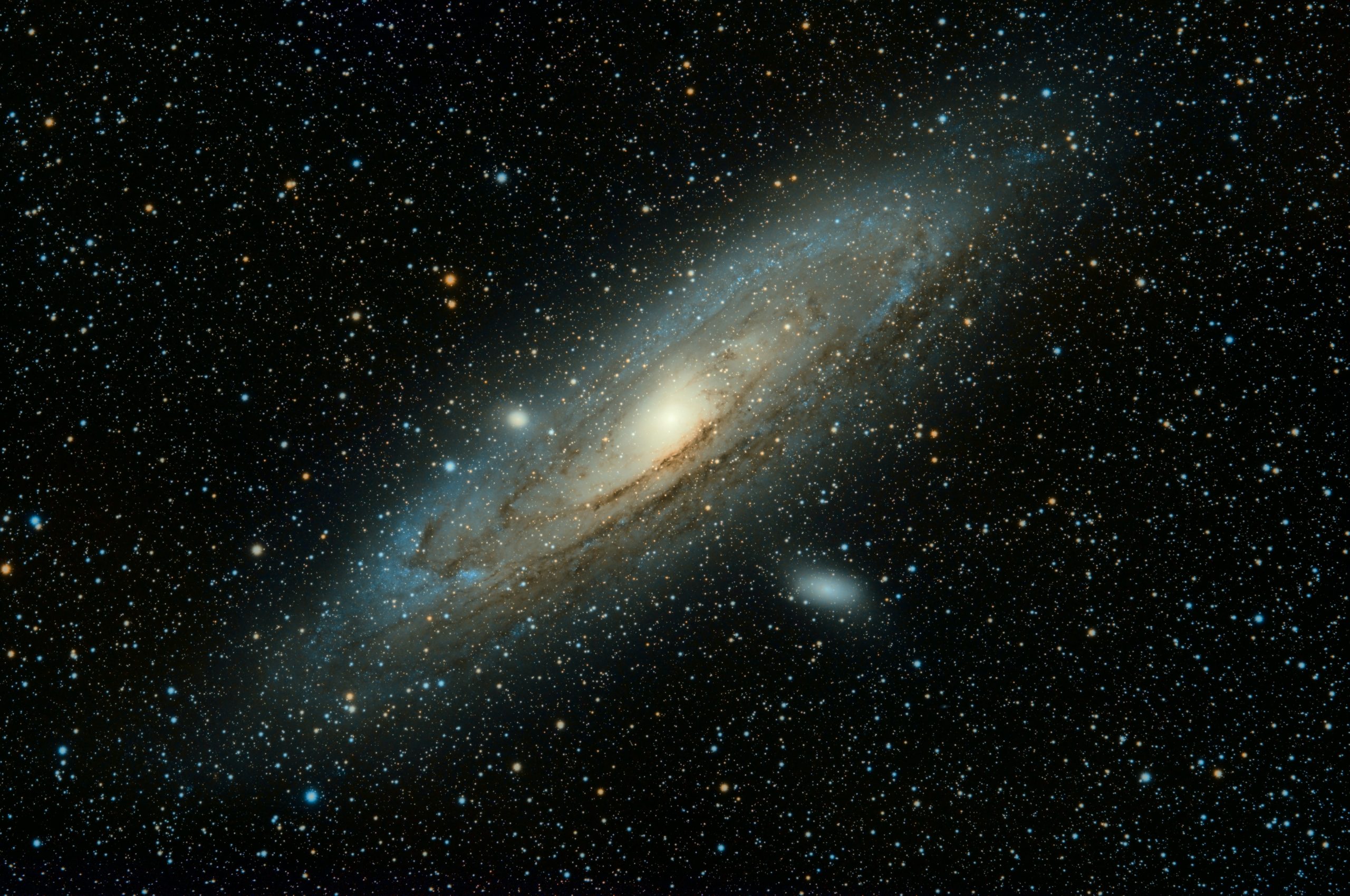"Anthropocene"
Humanity's impact on the environment has grown steadily worse during the last three centuries. Carbon dioxide emissions from human activities have the potential to drastically alter the global climate for the foreseeable future, potentially for millennia. As a follow-up to the Holocene warm period, we should use the name "Anthropocene" to refer to the current geological epoch that is dominated by humans in many ways. The Anthropocene era began in the second half of the eighteenth century, when measurements of carbon dioxide and methane concentrations in polar ice revealed the first signs of global warming. In 1784, James Watt designed the first steam engine on this date.

"Anthropozoic period"
Since the Italian geologist Antonio Stoppani warned about a "new telluric force which in power and universality may be comparable to the bigger powers of earth," the "anthropozoic period" has been recognized as the expanding effect of humans on nature. Vernadsky acknowledged human impact in 1926: "The direction in which the processes of evolution must move, namely towards increasing consciousness and thought, and forms having increasing and rising influence on their environment." The word 'noösphere,' coined by Teilhard de Chardin and Vladimir Vernadsky, refers to the expanding influence of human brainpower on influencing the future and environment.

The Industrial Revolution
Population growth and resource depletion per capita have both increased at an alarming rate since the Industrial Revolution. The human population has grown tenfold in the last three centuries to over 6 billion people, and that number is predicted to rise to 10 billion by the end of this century. There are now 1. 4 billion cattle in the world, all of which are creating methane. About 30–50% of the planet's land area is used for human purposes. Species extinction is on the rise due to the rapid loss of tropical rainforests, which release carbon dioxide into the atmosphere. The construction of dams and the redirection of rivers are now widespread. Humanity uses more than half of the world's available fresh water. Primary production in upwelling ocean regions (about 25 percent) and temperate continental shelf (about 35 percent) are removed by fishing. Sulfur dioxide emissions from burning fossil fuels have increased by 160 million tonnes since the turn of the twentieth century, or more than double the total amount of natural emissions. A greater amount of nitrogen fertilizer is given to crops than is naturally fixed in all terrestrial ecosystems, and nitric oxide generation from fossil fuel and biomass combustion also outpaces natural emission levels. In the last 400 millennia, fossil-fuel burning and agriculture have increased the quantities of "greenhouse" gases like carbon dioxide by 30% and methane by more than 100%, with more to come.

